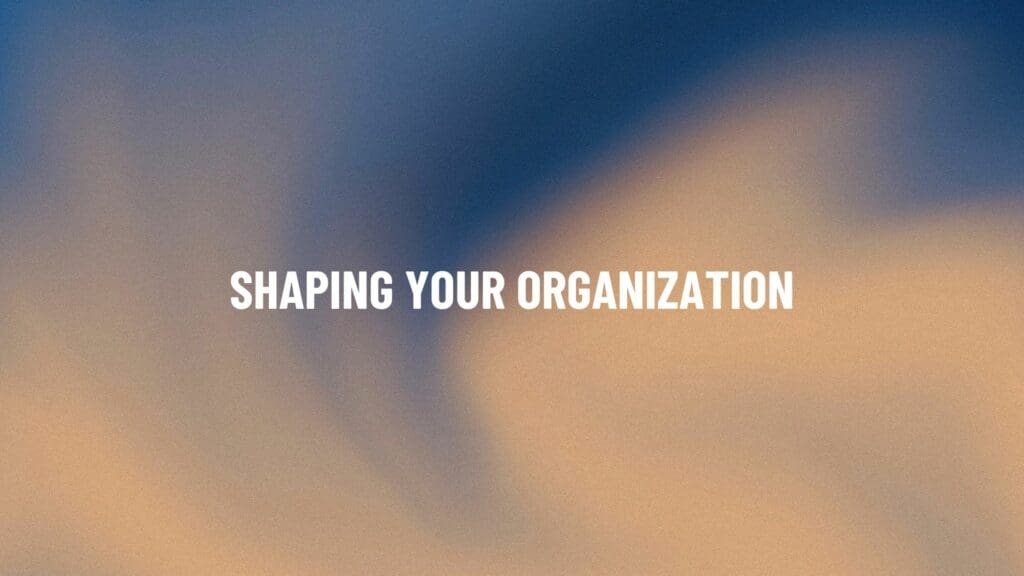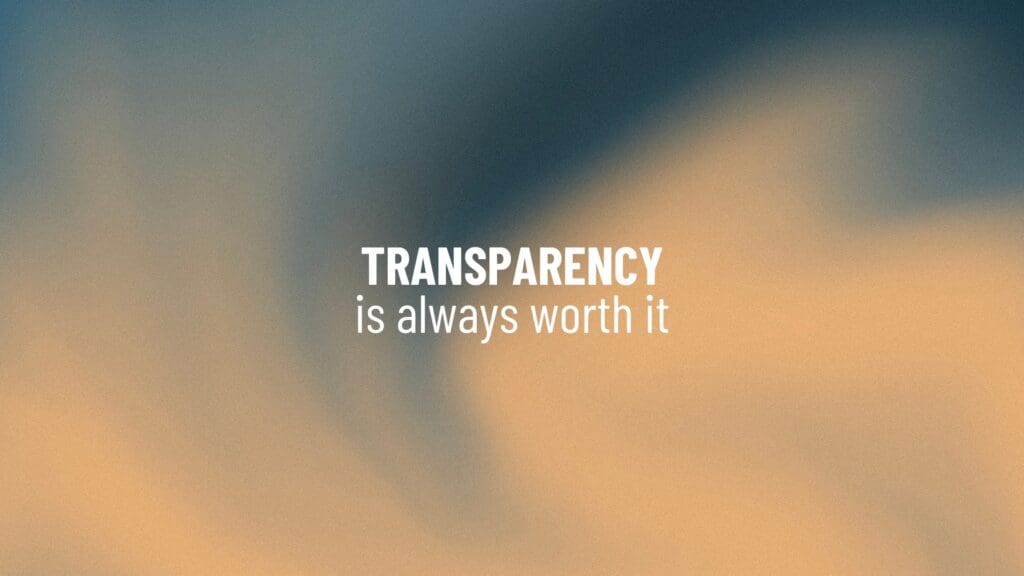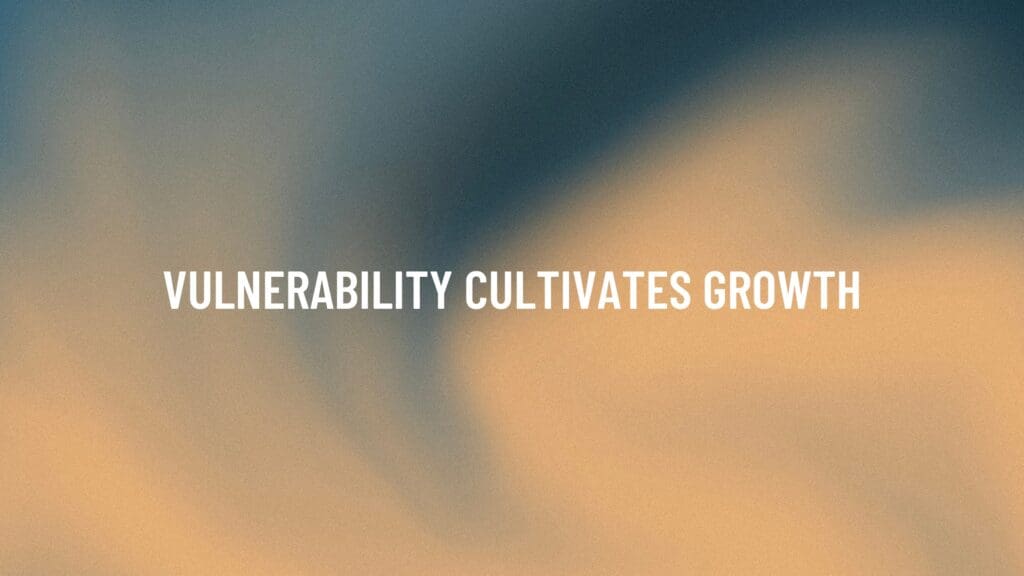
You have a deadline
Did you feel that surge of stress-induced adrenaline when you read the word “deadline”? Most of us do. Our mind and supporting body chemistry say it is time to get moving, to make things happen.
Would anyone do their taxes if there was not a deadline? Would students hand in their homework? Of course not. Deadlines force us to act. They focus our attention, encourage us to prioritize, and help us do all those things we have been putting off. A deadline is a day and time of reckoning.
One of the most powerful tools you can use in a healthy, high-performance culture is a well-constructed and executed meeting, especially if it is reoccurring and uses a standard agenda. It serves as a deadline of sorts. Having to pony up for the work you said you would do is a powerful way to encourage accountability for yourself and others. Missing a deadline is motivating in and of itself but owning up to it in front of a group of your peers is a whole other level of intensity.
Now, mind you, I said, “well-constructed and executed meeting.” Most meetings are not done well. They frequently are used for spewing information at people, in many cases—irrelevant information. People quickly check out in these types of meetings. Meetings should instead focus on team collaboration and relevant problem solving. Think about it, if you have all these great minds in the room, why is one person doing all the talking?
According to Google’s extensive Aristotle Project, psychological safety is the single most important factor in team effectiveness. The study goes on to show that conversational turn-taking is one of the key elements in creating psychological safety. Sounds like collaboration to me.
If you want more accountability, create a deadline. Build a regular meeting cadence that allows team members to share their progress and tap into the collective wisdom of their team.
Are You The Wrong Bus?
Written by Randy Mayes Popularized by Jim Collins in his book Good to Great, the phrase “Get…
Why Is Trust So Important
Written by Randy Mayes | DRYVE Leadership Coach Why Trust Is So Important People do what they…
Shaping Your Organization
Written by Tyler Head | DRYVE Leadership Coach Shaping your Organization Three Questions that Will Shape Your…
Giving is the only way
Written by Brandon Welch | Frank & Maven “How to keep employees” It’s a phrase that was…
Transparency is worth it.
Written by Richard Ollis | Ollis, Akers & Arney Transparency is an interesting aspect of business that…
Vulnerability Cultivates Growth
Vulnerability requires practice. Endurance Training is much less about repetition (doing it exactly the same) and much…
What did you expect?
One of the popular sayings I heard early in my management career was “people don’t do what…
Do you celebrate?
Imagine how your culture would shift if you put as much energy into celebrating your team’s achievements…
If you fail to plan, you are planning to fail.
“…we used to experience disruptions followed by periods of stability, change now is increasingly perpetual, pervasive, and…










